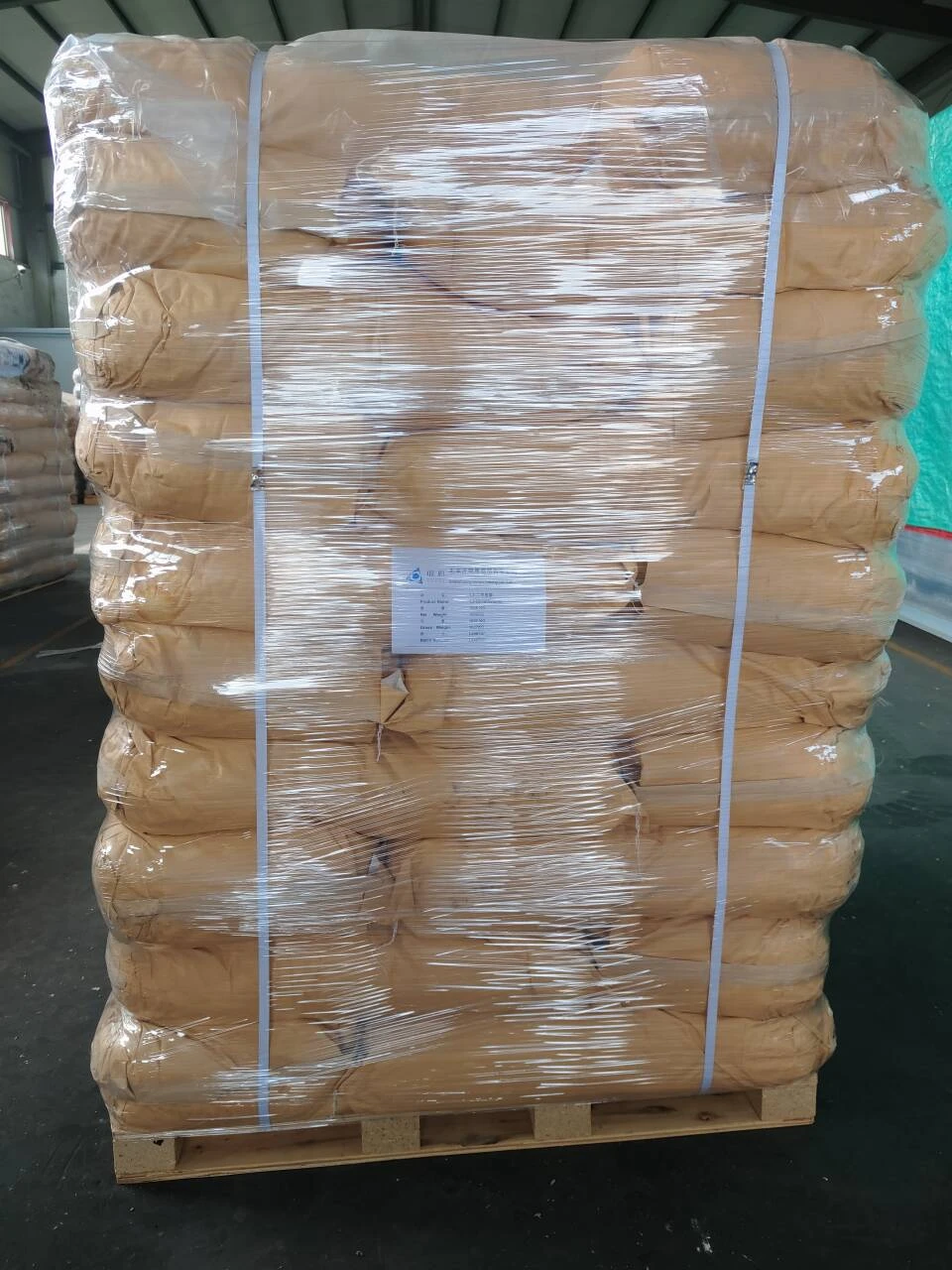The Importance of Active Pharmaceutical Ingredients (APIs) in Modern Medicine
Active Pharmaceutical Ingredients (APIs) are fundamental components of pharmaceutical products, playing a crucial role in the drug manufacturing process. These ingredients are the biologically active elements in medications that produce the intended therapeutic effects. Understanding APIs, their development, and their regulatory frameworks is essential for anyone involved in the pharmaceutical industry.
What Are APIs?
APIs are compounds that provide the desired pharmacological effect in a drug. They can be derived from natural sources, like plants or microorganisms, or synthesized chemically in laboratories. The choice between natural and synthetic APIs is often influenced by factors such as cost, availability, and the complexity of the compound. For instance, while some antibiotics can be derived from soil fungi, others may need to be produced entirely through chemical synthesis due to stability or efficacy issues.
The Development of APIs
The development of APIs is a multi-faceted process that involves rigorous research and development. This process often begins with the discovery of a molecule that shows potential therapeutic effects. Researchers conduct extensive studies to understand the molecule's pharmacology, including its mechanism of action, toxicity, and potential side effects. If the molecule passes these preliminary tests, it enters preclinical trials, where it is tested in vitro (in the laboratory) and in vivo (in animal models) to evaluate its effectiveness and safety.
The process of developing a new API can take years, sometimes even decades. After successful preclinical trials, the compound progresses to clinical trials involving human subjects. This stage is critical and is generally divided into three phases
1. Phase I focuses on safety and dosage, involving a small group of healthy volunteers. 2. Phase II examines efficacy and side effects, typically with a larger group of patients who have the condition the drug aims to treat. 3. Phase III involves large-scale testing to confirm the drug's effectiveness and monitor adverse reactions in varying populations.
Only after a comprehensive evaluation and successful results in these trials can a new API receive approval from regulatory bodies, like the U.S. Food and Drug Administration (FDA) or the European Medicines Agency (EMA).
api active pharmaceutical

Regulatory Compliance and Quality Control
The production and distribution of APIs are strictly regulated to ensure they meet quality and safety standards. Regulatory agencies enforce Good Manufacturing Practices (GMP), meaning that strict guidelines must be followed throughout the entire production process. This includes everything from raw material sourcing to storage conditions and transportation. Each batch of an API must undergo rigorous quality control testing before it can be approved for use in medications.
Furthermore, the regulatory landscape surrounding APIs is constantly evolving. Changes can arise due to new scientific findings, technological advancements, and shifts in public health needs, necessitating ongoing adaptations from pharmaceutical companies. Compliance with these regulations not only ensures patient safety but also mitigates the risk of product recalls or litigation.
The Global API Market
The global API market has been experiencing significant growth over the past few years, driven by the increasing demand for pharmaceutical products and the growing prevalence of chronic diseases. Outsourcing of API production to countries with lower manufacturing costs, particularly in Asia, has also become a common strategy for pharmaceutical companies. However, this trend raises concerns regarding the quality and regulatory oversight of APIs sourced from these regions.
Moreover, the COVID-19 pandemic highlighted vulnerabilities in global supply chains, as many countries faced shortages of critical APIs. This has led to a renewed focus on localizing production and investing in domestic manufacturing capabilities to ensure a more reliable supply of essential drugs.
Conclusion
In conclusion, Active Pharmaceutical Ingredients are the backbone of modern medicine, integral to the efficacy and safety of pharmaceutical products. Their development is a complex and lengthy process that requires adherence to stringent regulatory standards to ensure public health and safety. As the market for APIs continues to grow and evolve, it is imperative for stakeholders in the pharmaceutical industry to prioritize quality and compliance, ensuring patients have access to safe and effective medications. The future of medicine relies heavily on these vital components, and their importance cannot be overstated.

